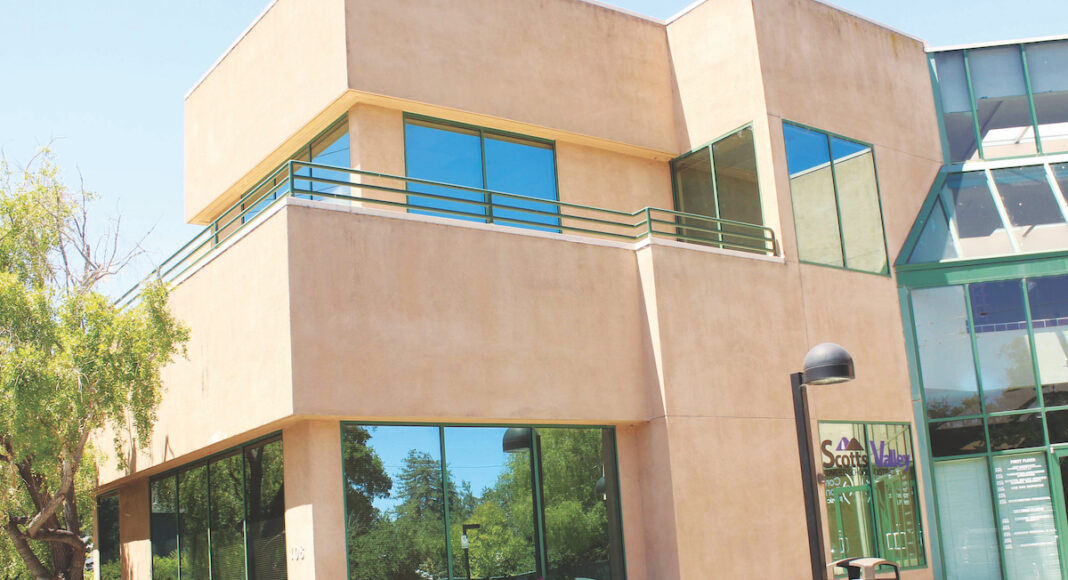An educational consultant’s report found that diversity efforts at Scotts Valley Unified School District have been hampered by a “pervasive fear” of how parents would react to changes and the belief such initiatives would be “obstructed by vocal community disapproval and retaliation.”
Key findings of the review by Inclusion Counts include minor and major abusive behavior directed at minorities and ineffective discipline systems.
“Instances of racism, heterosexism, transphobia, faithism, ableism, hate symbols and hate speech are pervasive, especially at the middle and high school grade levels,” states the report, which also offers suggestions about how the SVUSD should handle negative situations. “A clear, consistent and calibrated protocol for responding to incidents, preventing escalation, and broadly addressing the community post-incident is recommended to close the communication loop and distill misinformation.”
The review is part of a two-year $13,200 contract with the Phoenix-based company, and is the result of group listening sessions, interviews and data provided by SVUSD.
It comes just months after the suicide of Mateo Deihl, a 15-year-old Scotts Valley High School boy whose mother said he was “mercilessly” bullied at school, including for being Hispanic.
SVUSD Superintendent Tanya Krause was not available for an interview by press time, her assistant said.
The Inclusion Counts report found that SVUSD’s community is “polarized” about the need for diversity improvements. It noted that while some parents offered support, others threatened lawsuits.
School staff shared that families wanted to—and can—opt out of reading “books about diverse populations and people,” the consultant said; it urged SVUSD to reexamine this policy.
“This is not to say that parents should have no influence over how their children are taught,” the report states. “However, when a parent’s desire to inculcate a particular worldview denies the child exposure to diverse ideas, perspectives and values, public schools and educators must remain firm in their approach.”
Inclusion Counts gave SVUSD good marks for its Cultural Responsiveness Committee, which has been trying to ensure the curriculum accurately reflects the student body.
“At the same time, exposure of students to frequent micro-aggressions, microinvalidations and micro-insults, and persistent and pervasive bullying is a source of social inequality,” it continued. “This stressor has negatively contributed to student and family sense of belonging and in some cases, student and family departure from the district.”
It added that test scores reflect “significant achievement gaps” between Latino and non-Latino populations. The consultant recommends administrators monitor suspension rates by race, ethnicity and disability.
And the report notes parents in grassroots groups—such as the Scotts Valley Diversity Equity Inclusion and Allyship Community Facebook Group and the Brook Knoll DEI Committee—have been requesting broader cultural exposure for students and staff, through events, activities and professional development opportunities for employees.
SVUSD has embarked on a few of these efforts. For example, the district partnered with Hope Squad, a school-based peer suicide prevention program, and increased counseling resources.
But, according to Inclusion Counts, SVUSD still has a fair way to go.
“School improvement strategies will require significant financial investments and are codependent on the personnel (people) able to dedicate a significant amount of time to this cause,” the report states. “SVUSD will need to budget accordingly for the cost of programming, school interventions and personnel-needed, while recognizing that implementing new school initiatives requires a ‘give & take’ in which the financial investments in other strategic priorities will need to be reduced to increase investments in new areas.” [formatting in original]
Scotts Valley is hampered by the fact that, while the community is upper-middle class, its school district does not get that much money from the state, relative to other districts. That’s due to a quirk of the funding formula used to divide education cash.
This has led some teachers to voice concerns about being unable to cover living expenses on their meager salary at school board meetings.
Inclusion Counts recommends hiring earlier in the year and casting a wider net to attract a more diverse candidate pool for teaching positions.
In 2020-21, SVUSD had a turnover rate of 20%, compared to the national average of 16.5%.
Distrust of leadership, low pay and hostile relations with parents were cited as the main causes for leaving.













